Latin-R&B musician Nezza feels pretty confident she'll never be allowed in Dodgers Stadium again—and she's just fine with that.
The singer was featured at a recent Los Angeles Dodgers came to sing the National Anthem, which she wanted to do in Spanish as a show of solidarity with the city's immigrant community.
She was forbidden from doing so, but did it anyway. Her rousing performance drew huge applause from the crowd, but not from officials, who have diverted from usual procedure and didn't feature her rendition anywhere on the Dodgers' web presence.
Nezza posted it to her own TikTok, along with the moment she was told by officials not to sing "The Star Spangled Banner" in Spanish.
@babynezza para mi gente ❤️ i stand with you
In the video, an official can be heard telling Nezza:
"We are going to do the song in English today.”
Nezza also pointed out in her video that the Spanish-language version of "The Star-Spangled Banner" was commission by U.S. President Franklin D. Roosevelt in 1945 as a way to strengthen ties with Latin American countries during World War II.
But the historical significance goes far deeper than that, so let's have a bit of a history lesson, shall we? Starting with how Dodgers Stadium itself came to be.
The stadium sits on the site of a once-vibrant and historic Mexican-American neighborhood called Chavez Ravine, which was razed using eminent domain in 1950s to build Elysian Park and the stadium, forcibly displacing more than 300 families.
Chavez Ravine was first settled in the 1830s, when California was Mexico, just 15 or so years before the U.S. began a sort of back-door invasion of California via "Westward Expansion" initiatives, in which the U.S. government urged "pioneers" to settle it despite the fact it was still indisputably part of Mexico.
President James K. Polk and his administration hoped that this "homesteading" invasion would inflame tensions that had resulted from the U.S.'s illegal annexation of Texas in 1845 and spark a full-on war.
That gambit worked and the Mexican-American War of 1846-1848 resulted in the U.S. claiming an enormous swath of Mexican territory that now forms almost the entirety of the West south of the Oregon and Idaho borders, along with parts of Oklahoma and Kansas.
The very name California, in fact, derives from the "Californios," the families of mixed Spanish and Indigenous descent who populated the area for generations before the U.S. even existed and continue to live there to this day. Many California locales are named after their ranches, in fact, including iconic locations like Malibu.
TL;DR: conservatives can cry about it all they want (and they are, of course), but a Spanish-language "Star Spangled Banner" is more appropriate to California than the original will ever be.
And given the Dodgers' enormous Latino fanbase, that's probably a huge part of why Nezza's performance got a huge round of applause, and it makes Nezza's defiance all the more inspiring.
In a follow-up TikTok, Nezza talked about what the moment meant to her, especially in these times when Latino people are under direct attack from the fascist U.S. government.
@babynezza i love you guys stay safe out there
She said:
“I just felt like I needed to do it, para mi gente [for my people]."
“My parents are immigrants. They’ve been citizens my whole life at this point, but I just can’t imagine them being ripped away from me. Not now. Not when I was a kid. Never.”
Nezza also joked that it was safe to assume she's no longer welcome at Dodgers Stadium, but the team has since spoken to the Los Angeles Times to say that there were "no hard feelings" and that Nezza is welcome back any time.
On social media, people found Nezza's act of patriotic defiance and solidarity deeply inspiring.
The bottom line is that everyone with white skin who lives in this country is an immigrant, and Spanish-speaking people have been here a lot longer than we have. They're more "American" than we Whites will ever be, and if conservatives don't like that? They should leave.
Hats off to Nezza and everyone else fighting back against this egregious, and egregiously stupid, chapter of the "American experiment."












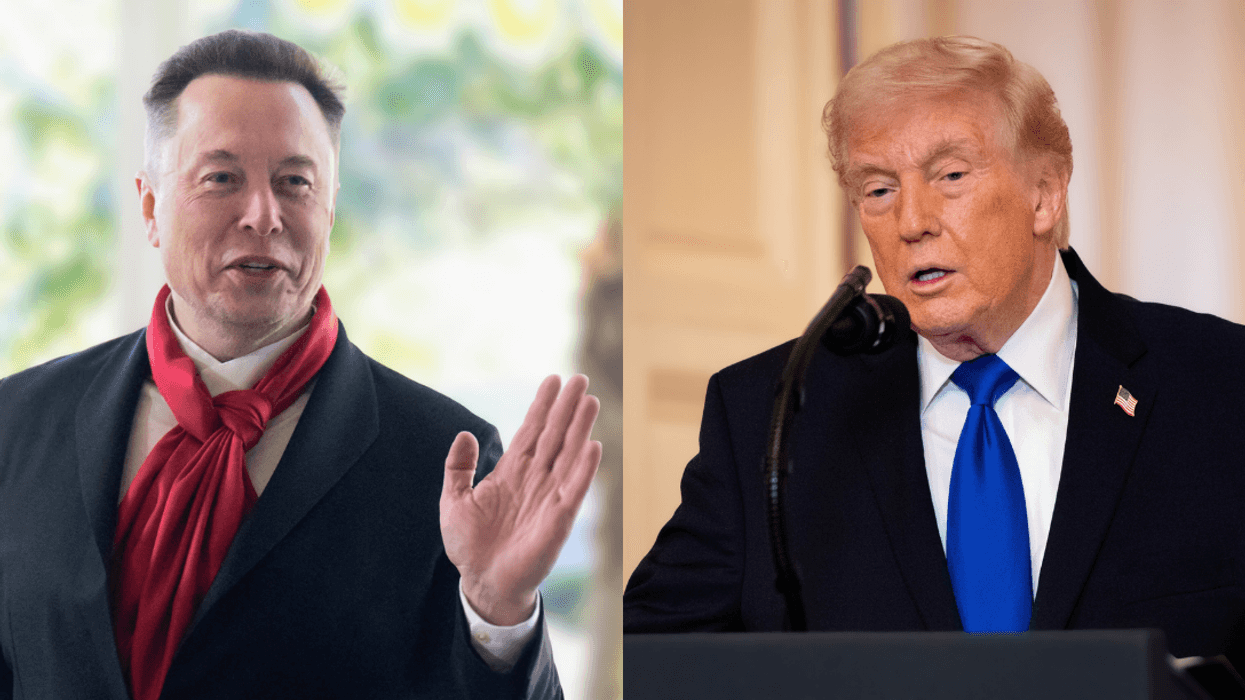


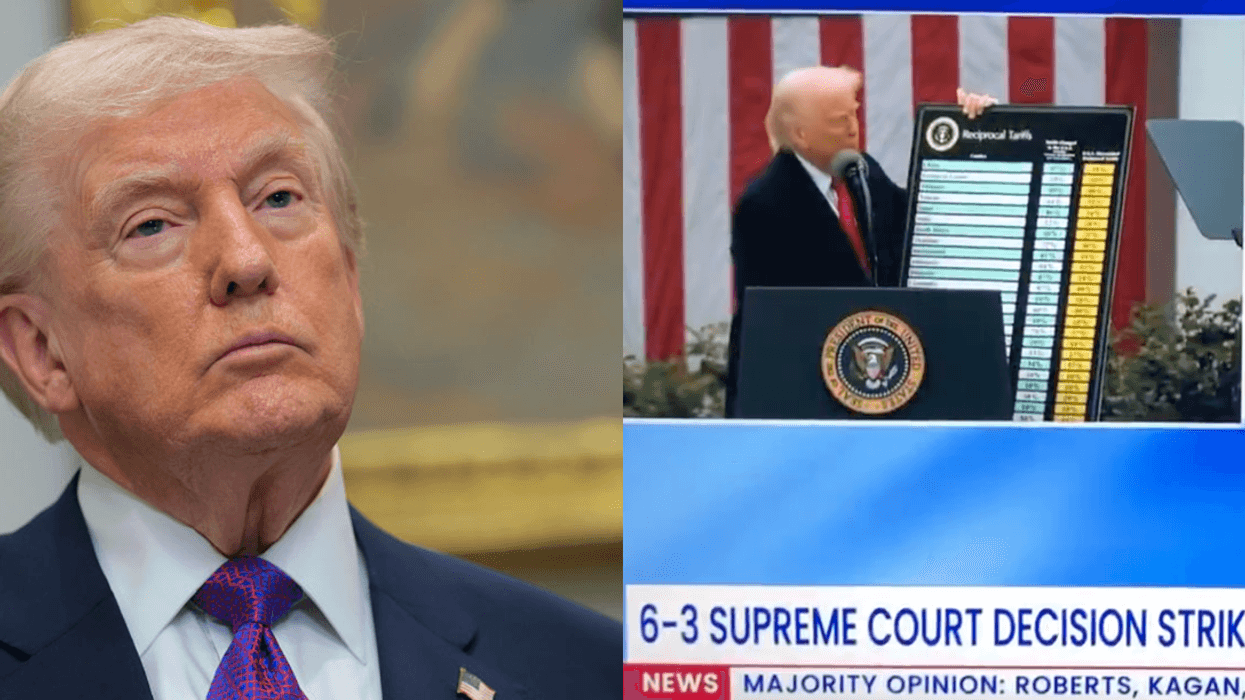








 @BasedMikeLee/X
@BasedMikeLee/X @ChrisMurphyCT/X
@ChrisMurphyCT/X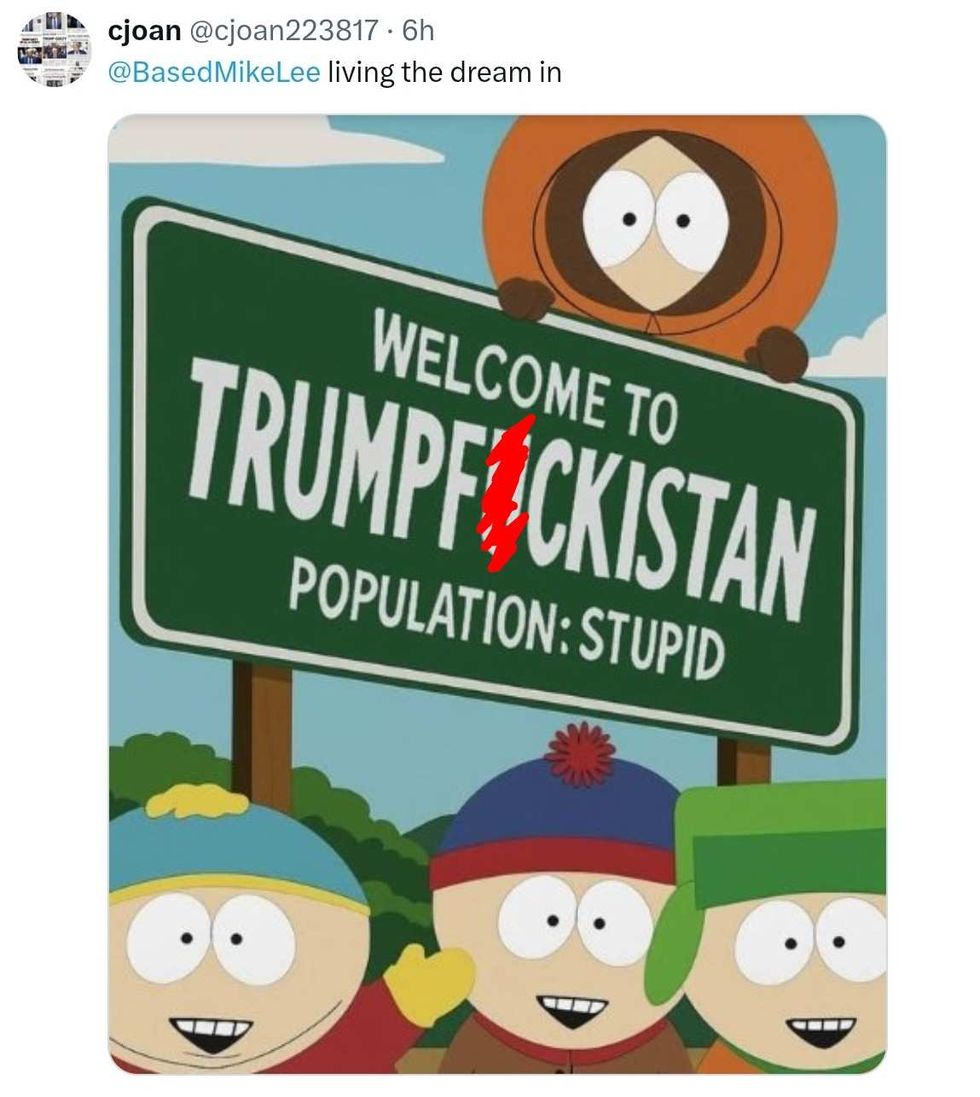 @cjoan223817
@cjoan223817

 @wideofthepost/X
@wideofthepost/X @mrmikebones/X
@mrmikebones/X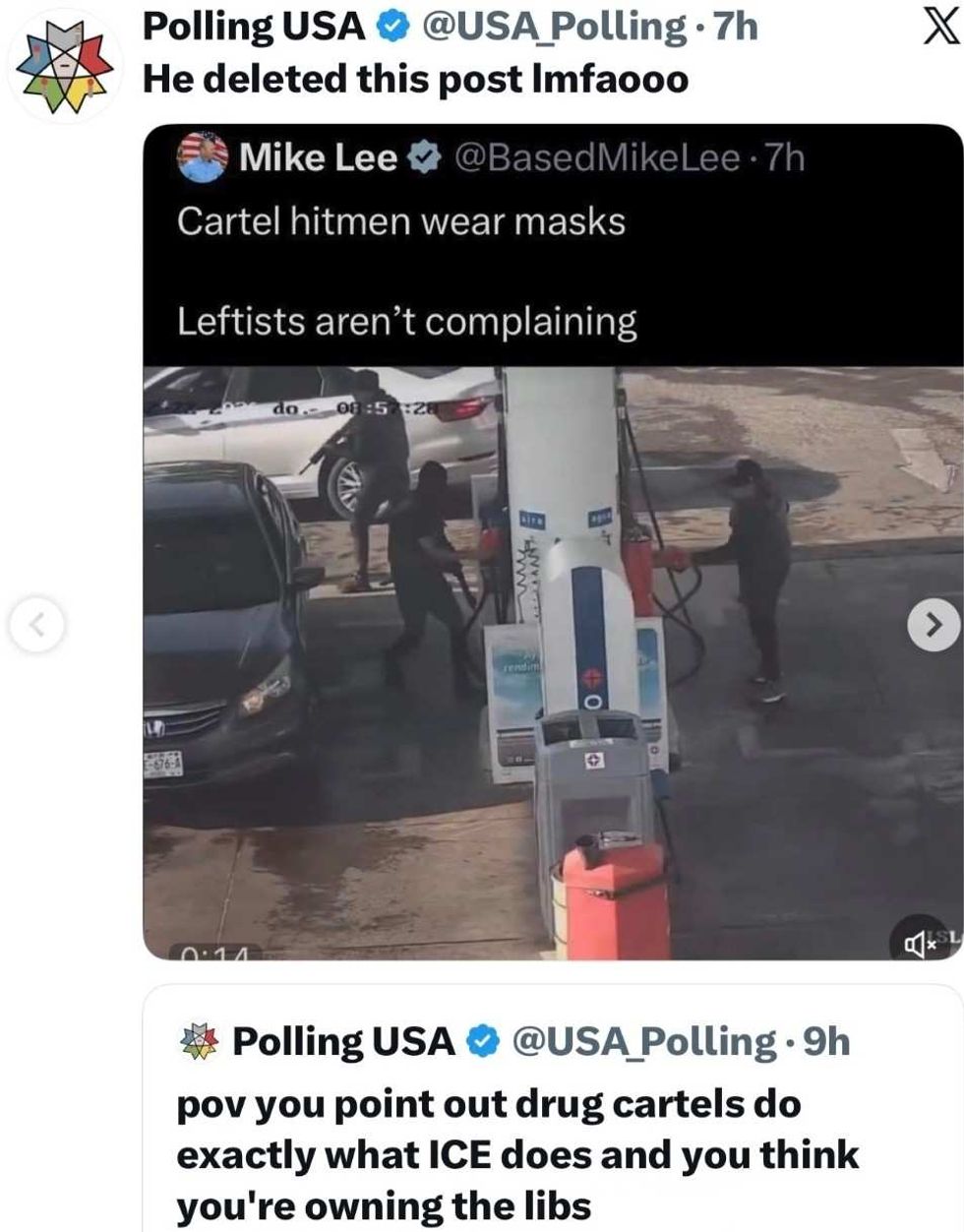 @USA_Polling/X
@USA_Polling/X
 @twilitash/TikTok
@twilitash/TikTok @kided3263/TikTok
@kided3263/TikTok @itsmaybemadi/TikTok
@itsmaybemadi/TikTok @krysten888/TikTok
@krysten888/TikTok @zilennialbabe/TikTok
@zilennialbabe/TikTok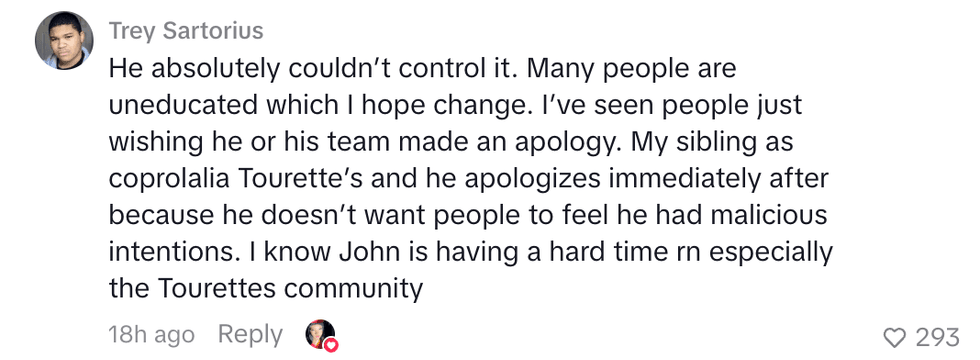 @treysartorius/TikTok
@treysartorius/TikTok